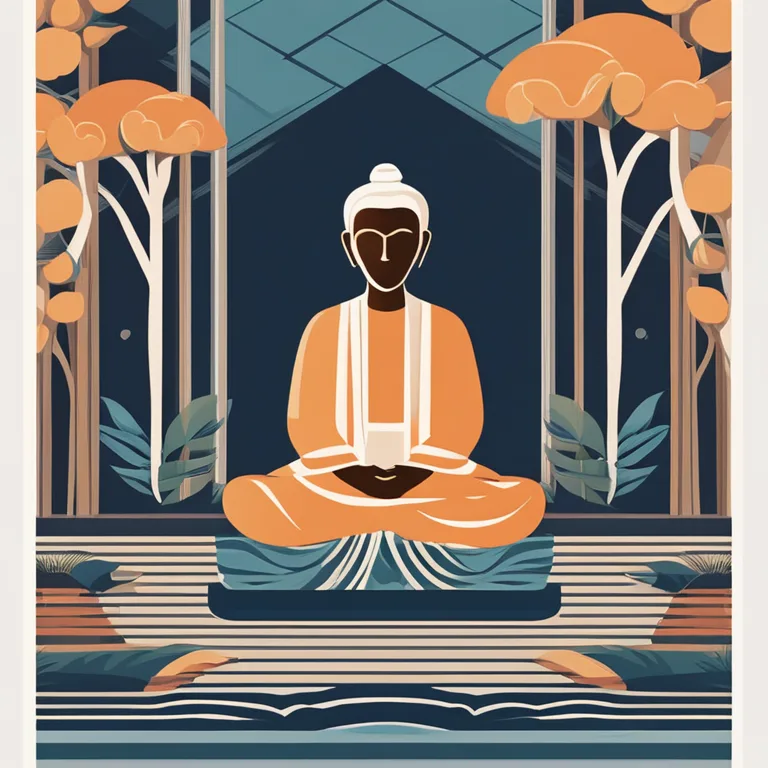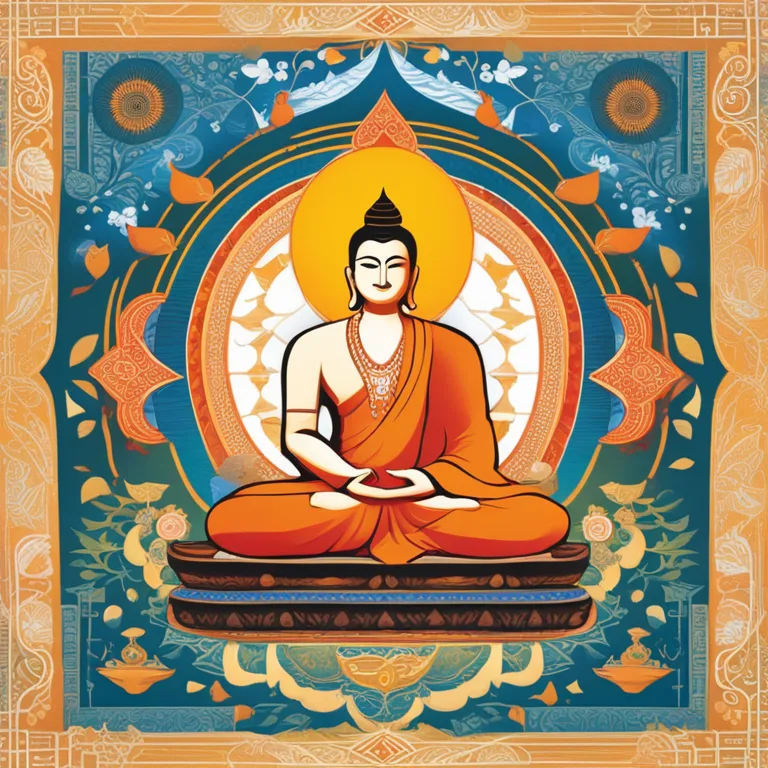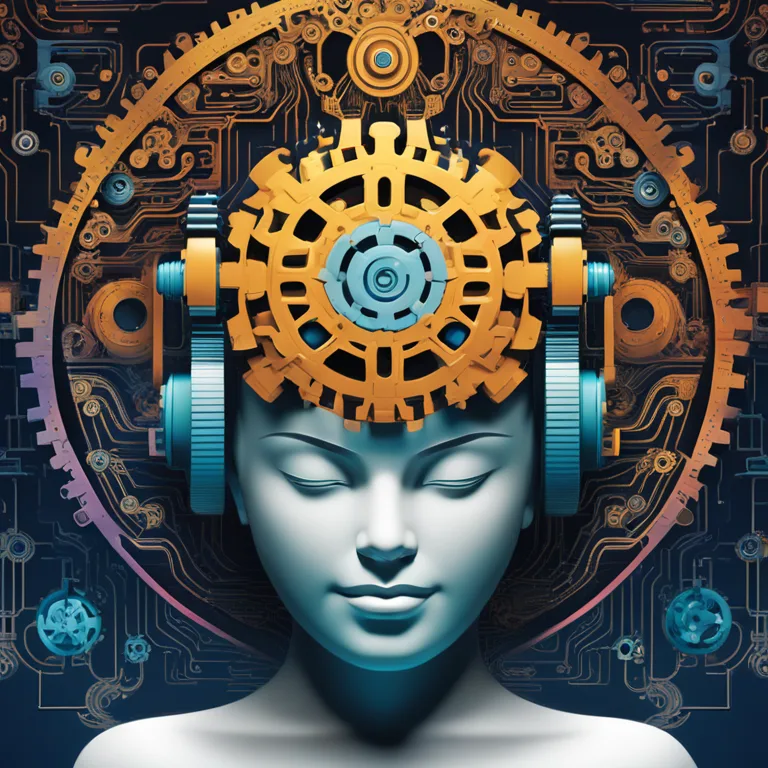
The Origins of Meditation Practice Explored
Delve into the ancient origins of meditation practices and how they have evolved into the techniques we use today.
article by Hina Kurosawa
A Timeless Tradition
Meditation, an ancient practice rooted in diverse cultures, has survived and thrived through millennia, adapting to various philosophical and religious systems. The earliest records suggest meditation originated in the Indian subcontinent. With Vedic texts, dating as far back as 1500 BCE, referencing meditational techniques, it's clear that meditation developed alongside early Hindu scriptures. In these texts, the term 'dhyana' is often used to denote deep, contemplative practices that aimed to transcend physical existence and connect with the divine.

Branching Out Across Cultures
While meditation is integral to Hinduism, its reach extended early on to other Asian traditions, notably Buddhism and Taoism. Buddhism, born from the same cultural cradle as Hinduism, took meditation to heart, with Siddhartha Gautama, the Buddha, emphasizing it as a path to enlightenment. Buddhist meditation spread across Asia, morphing into various forms like Zen in Japan and Vipassana in Southeast Asia. In China, Taoists developed their unique meditative practices, focusing on aligning with the Tao, or the flow of the universe, influencing the development of Qigong and tai chi.

The Western Adoption
Meditation's journey to the Western world began around the 20th century, with Theosophists and travelers to India sharing their experiences. Pivotal figures such as Swami Vivekananda introduced Vedantic meditation to America in the late 19th century, while the counterculture movement of the 1960s and 1970s embraced Transcendental Meditation. In more recent decades, the secularization of meditation practices gave rise to mindfulness techniques, which gained mainstream popularity in the West for their stress-reducing benefits.

Neuroscience Meets Meditation
In the era of technology and science, meditation has attracted the attention of neuroscientists and psychologists. Landmark studies by institutions like the Mind and Life Institute fostered a dialogue between contemplative practitioners and scientists, bringing empirical evidence to the benefits of meditation that ancient practitioners understood intuitively. Functional MRI scans and electroencephalogram (EEG) tests now prove that meditation can significantly alter brain activity, encouraging the medical community to integrate such practices in mental health strategies.

Meditation in the Digital Era
Today, meditation practices are not confined to retreat centers or spiritual communities; they are accessible anywhere, thanks to digital media. With a plethora of apps and online courses catering to a global audience, meditation is as much a part of modern life as it is a tradition passed through generations. These platforms offer guided sessions, tracking tools, and communities that support consistent practice, all the while honoring the lineage of thousands of years of meditative history.
The Diverse Present and Future
The meditation technique's origin, while ancient and steeped in tradition, continues to evolve. Modern practitioners mix traditional methods with contemporary psychological insights to create hybrid forms. From mindfulness-based stress reduction (MBSR) to corporate wellness programs, the ability of meditation to adapt to the needs of any era is a testament to its timeless value. As humanity tackles new challenges, meditation remains a versatile tool for personal and societal well-being.
Published: 1/8/2024
Modified: 1/8/2024
More predictions
Come back here soon to learn more about yourself and your future


Meditation Techniques: A Handbook
Discover the breadth of meditation methods to enhance your wellness journey.


Jain Meditation Techniques for Inner Peace
Discover the serenity and spiritual depth of Jain meditation practices in a comprehensive article tailored for modern seekers.


Diverse Meditation Techniques
Explore various meditation methods to enhance your mental clarity, emotional balance, and spiritual insight.